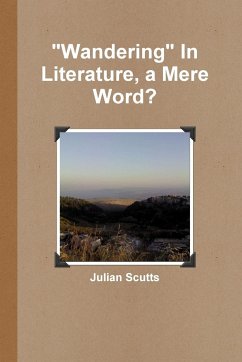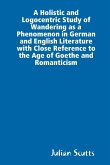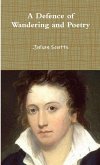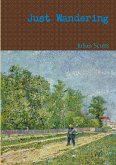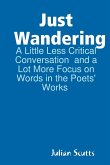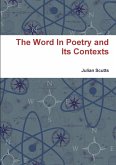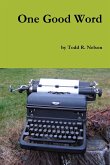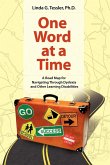This book does not find its starting point in a theory but in the recognition that the word "Wanderer," and other forms based on the common root of the verbs to "wander" and "wandern," recur with conspicuous frequency in the writings of Goethe and English Romantic poets such as William Wordsworth and Lord Byron. A notable scholar, Professor L. A. Willoughby sought an explanation for this phenomnon in Carl G. Jung's theory of the unconscious but Willoughby's sole ambit of reference was what he termed "Goethe's poetry." This restriction could not allow the scope necessary for the study of the collective aspect of the mind's power and influence. This study poses the attempt to widen the survey of "wandering" to a comparison of texts found in a wide variety of authors including Milton, Shakespeare and William Blake.

